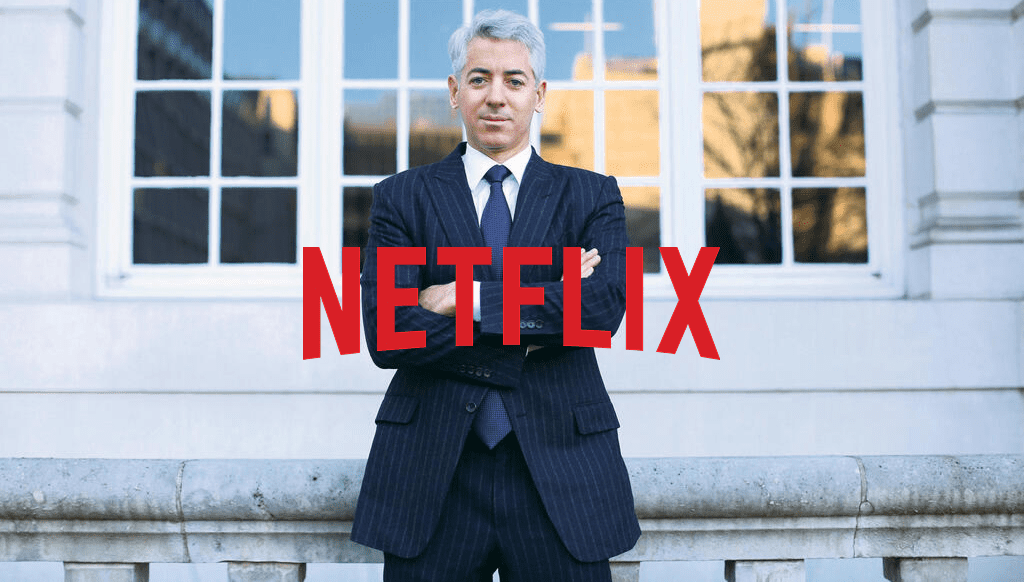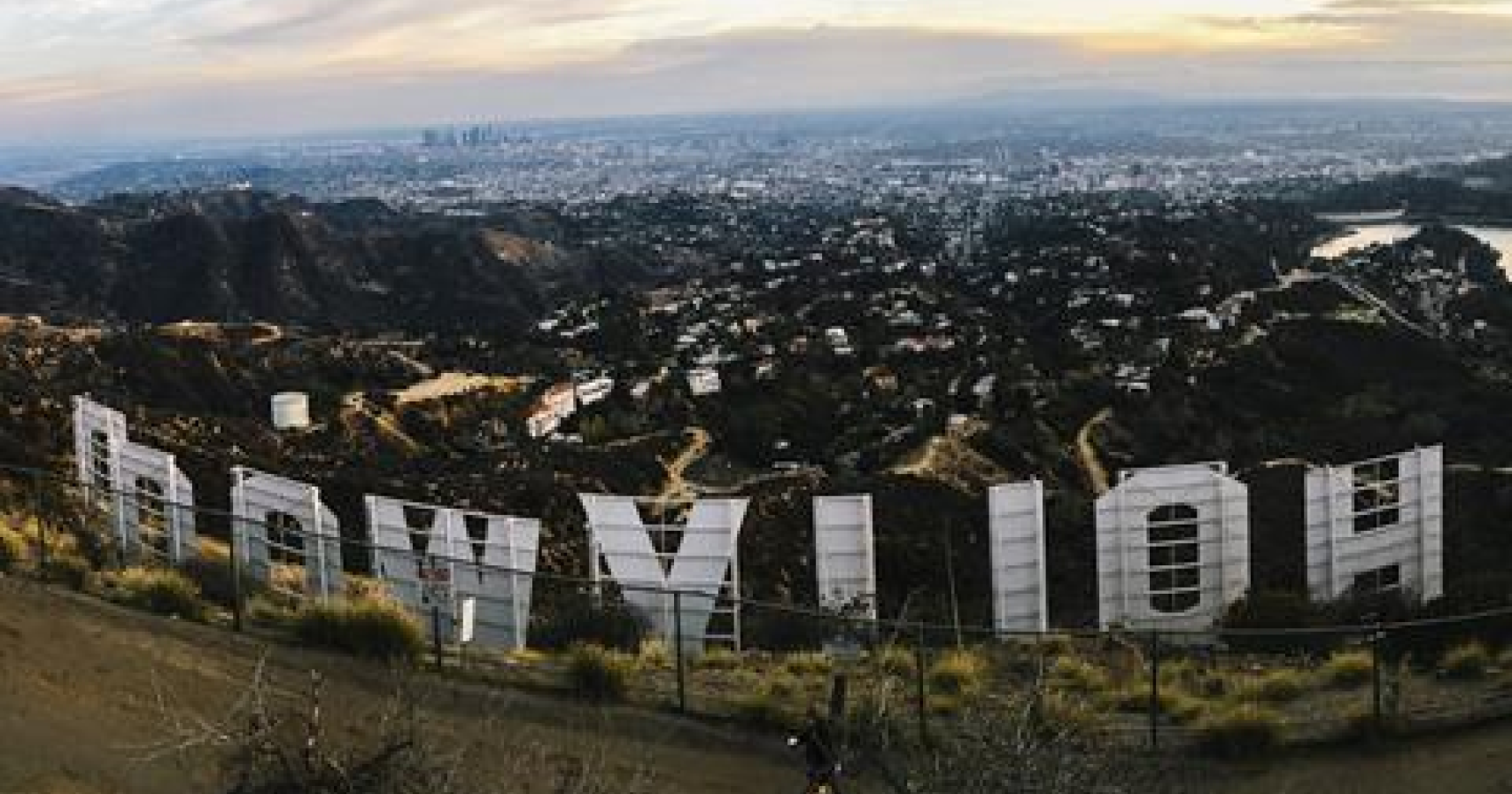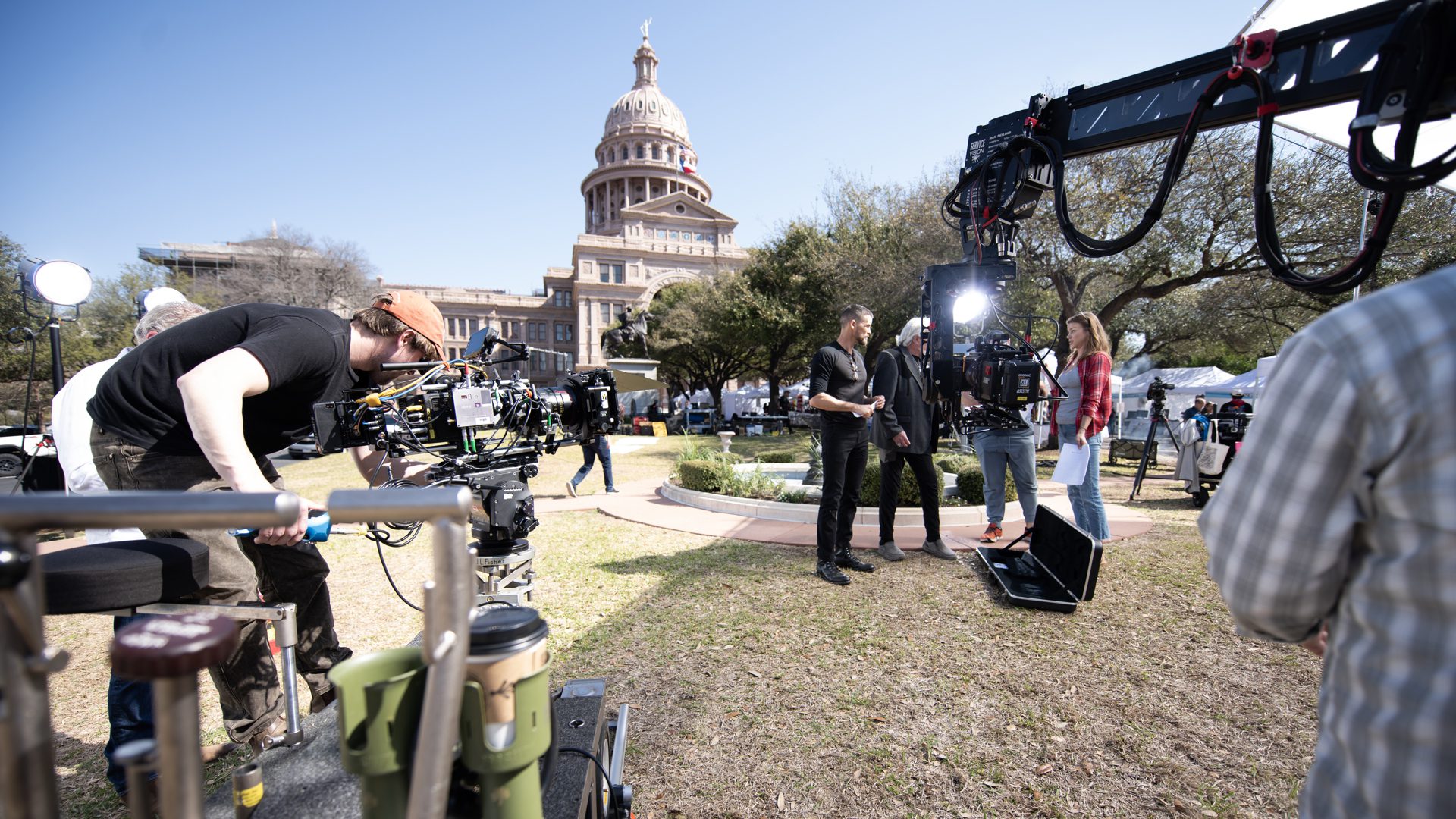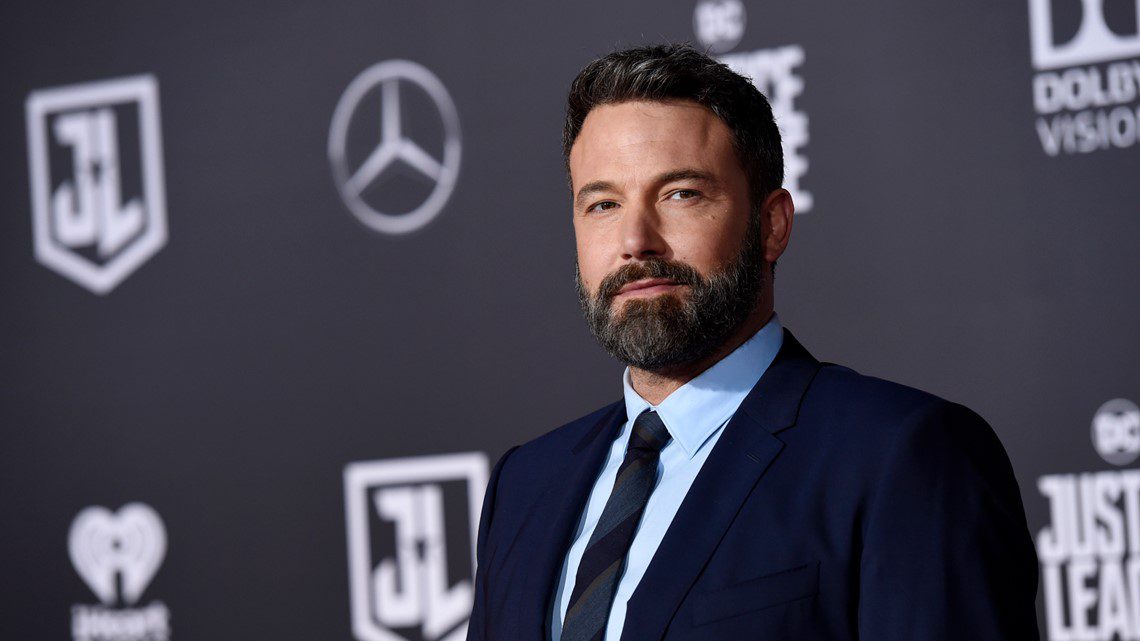As Los Angeles grapples with devastating wildfires that have claimed lives, destroyed homes, and displaced thousands, the entertainment industry finds itself navigating a complex and emotional recovery. The fires, which have scorched areas across the Pacific Palisades, Altadena, and Malibu, have directly impacted Hollywood, leaving many in the industry struggling to balance work with personal loss and a broader sense of community responsibility.
Unscripted Challenges Amidst Wildfire Devastation
The fires have left a deep scar across the entertainment sector, affecting individuals at all levels. “We all know people who have lost their homes, everything they own,” shared an agency executive. This personal toll has slowed the pace of business, with meetings rescheduled, decisions delayed, and a shift to remote work for many under evacuation orders. CAA even gave employees a day off to recover from an emotionally exhausting week, reflecting a rare camaraderie in an often-cutthroat industry.
Despite these challenges, resilience shines through. Major studios and talent agencies are offering temporary housing for displaced employees, and grassroots efforts have sprung up to assist those affected. Venmo accounts for colleagues who lost their homes, executives assisting staff with insurance claims, and donation drives organized by productions like Jimmy Kimmel Live! demonstrate an industry coming together in a time of crisis.
Production Resumes with Careful Consideration
Several productions have cautiously resumed under strict safety protocols. CBS shows like NCIS and Poppa’s House, which film at Radford Studio Center and Paramount Studios, are back on closed soundstages. Impacted cast and crew have been encouraged to prioritize their safety and assured regular pay regardless of attendance.
NBCUniversal and Apple TV+ productions, including Hacks, Loot, and Ted, have also resumed filming indoors. However, location shoots remain limited, particularly for productions like Hacks, which saw a key location destroyed in the Eaton Fire. This careful approach aims to protect below-the-line workers, many of whom were just regaining stability after the pandemic and last year’s strikes. “We need to take care of workers who are finally getting on their feet,” said a TV executive.
Community Support Drives Relief Efforts
The entertainment industry has mobilized to support first responders and affected communities. CBS Studios’ catering teams have provided boxed meals for firefighters, and parent company Paramount Global pledged $1 million to fire relief efforts. Meanwhile, Jimmy Kimmel Live! established a donation center, gathering essentials like water, toiletries, and baby supplies for those in need.
These efforts highlight the dual responsibility of continuing production while supporting the broader Los Angeles community. “It feels more important than ever to get jobs into the film business,” shared a leading international seller, emphasizing the urgency of industry recovery alongside the community’s well-being.
Wildfires Cloud Awards Season and Sundance Preparations
The timing of the wildfires has also disrupted Hollywood’s awards season. Premieres and nominations announcements have been postponed, and celebrations have taken a backseat as the industry grieves. The upcoming Sundance Film Festival faces uncertainties, with some cast and crew reconsidering travel plans due to ongoing concerns about safety and recovery efforts.
“There is likely to be some impact,” noted a festival regular. “Some may focus on rebuilding their homes or feel uneasy leaving given concerns about fires and looting.” Despite these challenges, industry leaders are determined to move forward, balancing grief with a commitment to supporting the creative community.
Resilience and Recovery in 2025
As Hollywood enters 2025, optimism for the industry’s comeback remains tempered by the ongoing recovery from last year’s strikes and economic contraction. Streaming executives had anticipated a resurgence in greenlighting projects this year, but the wildfires have introduced a new layer of uncertainty. “It’s hard to focus on work when so many have lost everything,” said an insider. Yet, others remain hopeful, viewing the disaster as a temporary setback in a broader recovery.
While the fires have delayed business as usual, the industry’s response underscores its resilience. From providing support to displaced employees to resuming production safely, Hollywood is finding ways to adapt and move forward. “This is very bad for an already ailing broader LA economy,” acknowledged a film sales executive. “But there’s no doubt the industry will bounce back—stronger and more unified.”
As the smoke clears and the industry rebuilds, Hollywood’s determination to recover and thrive serves as a testament to its enduring spirit in the face of adversity. The year 2025 may yet deliver on its promise of a Hollywood resurgence, fueled by collaboration, compassion, and an unwavering commitment to storytelling.





















